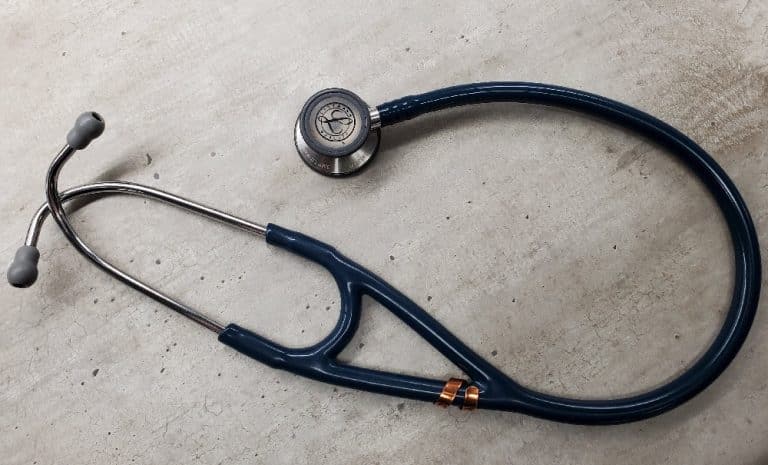Iowa City, Iowa (RI) — A University of Iowa legal scholar who’s an expert on genetic privacy says the thousands of Iowans who used the genetic testing company 23andMe may have dodged a bullet with its recent bankruptcy, but she fears repeats with similar companies.
UI law professor Anya Prince says the genetic data of some 15 million customers nationwide appears to have emerged from the company’s financial challenges with all security measures intact.
If it had fallen into the wrong corporate hands, Prince says that genetic data could have been used in ways customers of 23andMe never intended.
The company’s at-home test kits are easy to use, and the reports sent back to customers based on their DNA often provide information about their ancestry and family members. Still, depending on the test, those genetic markers may also reveal predispositions to diseases, which could mean higher premiums, should an insurance company access the data. Also, law enforcement might be able to access your genetic data without a warrant, which could have all sorts of implications. Prince has co-authored a paper saying the 23andMe bankruptcy and sale exposed critical gaps in consumer privacy protections, and she says new privacy laws are needed, either at the state or federal level, to safeguard genetic data.
Prince and a colleague have launched a website that tracks genetic privacy laws across the U-S. She recommends it for anyone who’s already given out their genetic data, or who might be considering it.
Prince says the U.S. lacks a comprehensive federal privacy framework for genetic data protection, and the country’s health privacy law (HIPAA) does not apply to direct-to-consumer DNA testing companies.









